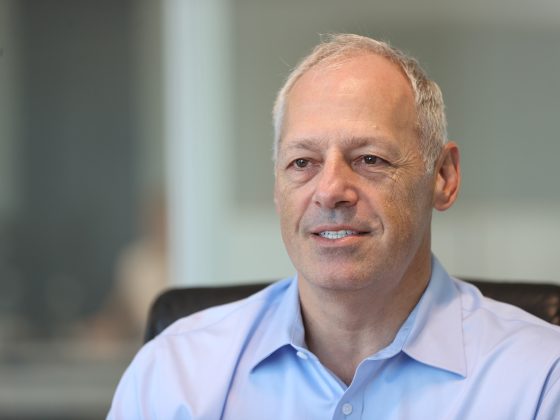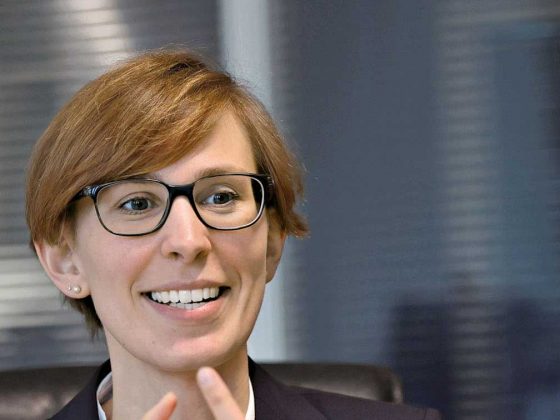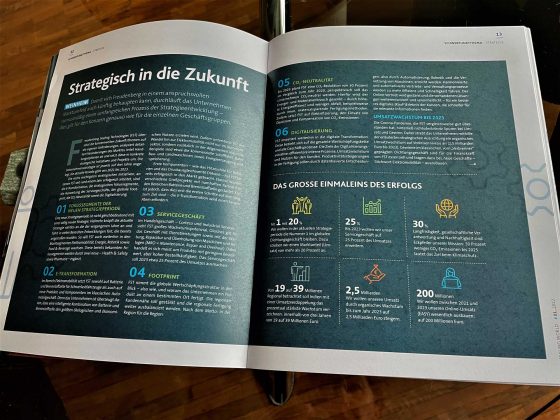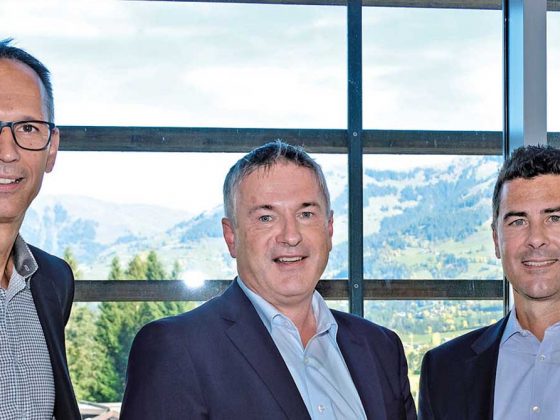Every three years, Freudenberg Sealing Technologies (FST) publishes a new strategy that takes effect during that time period. The current strategy period began in January 2024. It mainly focuses on six different areas. More detailed explanations of the graphic below can be found on the following page.



01. Execute Project “Ovid”
Execution of Project “Ovid” through gaining >200 m€ new business, reduce ICE business >200 m€ while making adjustments with structural changes.

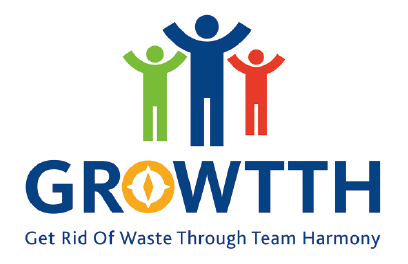
02. Operational Excellence
Execute refined FST Operational Excellence approach: e. g., Design for Six Sigma, secure Material Availability, Automated Vision Control Systems, End-to-End Processes, streamline SG&A costs through process adjustment (F3 – FitForFuture).

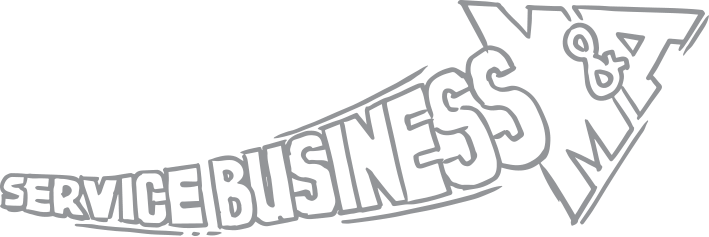
03. Service Business Expansion
Extend service business through global M&A strategy focusing on Process Industries, Industrial Distribution and Automotive Aftermarket.

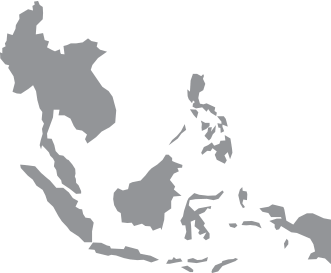
04. Regional Balance
Solidify Regional Strategy for Southeast Asia with initial focus on Industrial Distribution and Automotive Aftermarket.


05. Sustainability
Continue to reduce CO2 footprint, energy consumption and engineered waste.

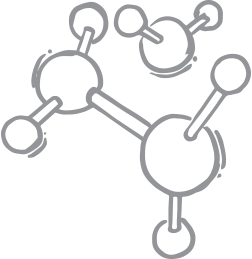
06. Material Science
Focus material science on: PFAS alternatives, material developments for New Energy/Mobility (Quantix® ULTRA, TIM, Electric Conductive Material, EMI, etc.), interchangeability of key ingredients.
What is behind the six core initiatives of the Strategy Period 2024–2026?
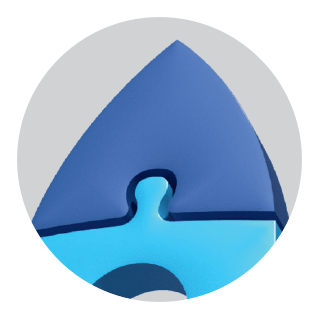
ON 01. Execute Project “Ovid”
Ovid, the strategic and transformational project, analyzed the core markets and industries of Freudenberg Sealing Technologies (FST) up to the year 2035. The goal: define how the company can be transformed in its product portfolio, processes, and structures in light of the expected market changes. The shift to electric mobility has had a major impact on FST and its key industries. Revenue from products for internal combustion engines will fall dramatically. New developments, such as thermal barriers, busbars, cell caps and sensors for waveguide antennas, are expected to offset the decline.
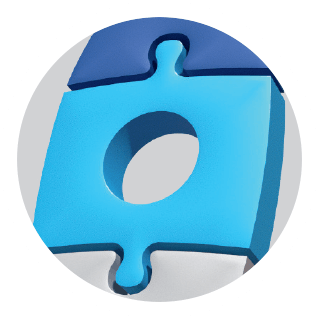
ON 02. Operational Excellence
To achieve operational excellence at every level, it is essential to act on multiple fronts. This includes using new methods of continuous improvement, the reliable availability of materials, automated vision control systems, reduced administrative costs, and improved end-to-end processes. This refers to processes composed of all the chronologically sequential sub-processes that are essential to fulfill a specific customer request. That means everything from the incoming order to payment and the management of the product lifecycle.

ON 03. Service Business Expansion
FST has committed to an expansion of its service business. Acquisitions to strengthen its global position are part of the plan. The current focus is on the process industry, trade with distributors, and the independent automotive spare parts market.

On 04. Regional Balance
FST has selected Southeast Asia as the focus for its new strategy period. Already strong in China and India, the company is rebalancing its business activities in Asia by building up its presence in other high-priority locations, such as Singapore, Thailand, Vietnam and Malaysia. FST is developing additional markets without losing sight of existing markets or retreating from them.

On 05. Sustainability
FST wants to help bring an end to climate change and has ambitious goals in this regard. The company will reduce its relative CO2 emissions – measured in tons per million euros of revenue – by 30 percent over the period from 2020 to 2025. It plans to draw electricity exclusively from renewable sources by 2030 and be a climate-neutral company by 2045. These climate goals can only be achieved if FST is able to reduce energy use quickly by optimizing its products and technologies, decreasing waste, and improving the energy efficiency of its buildings, all on an ongoing basis.

On 06. Material Science
The European Union is considering restrictions or a ban on the use per- and polyfluoroalkyl substances, which include the fluoropolymers FKM and PTFE. FST derives a significant share of its revenue from products containing fluoropolymers that fall into the PFAS category. If the use of this substance group is restricted, FST will have to quickly find substitutes.
FST has an extremely wide-ranging portfolio of raw materials – with a correspondingly high cost of procurement and administration. So the company is addressing how it can standardize these resources to a greater degree. This is essential to reduce complexity.
FST is contributing to the transformation of the energy and mobility sectors by bringing out new materials. For example, one of its new material classes is Quantix® ULTRA. It greatly improves fire protection in the powertrains of electric vehicles. Highly heat-resistant, Quantix® ULTRA will not melt at temperatures up to 1200 °C.

How is a strategic plan developed?
In all, the planning process takes 12 to 18 months. During this period, the market trends and drivers that influence the Freudenberg market environment are analyzed, and long-term economic indicators are reviewed. Drawing on this information, the company defines its goals for the next three years.
A video series in the FST portal provides more background information on strategy development.



